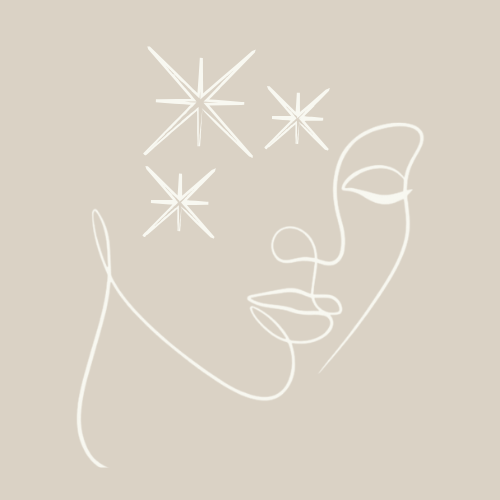
1. Do I need an official diagnosis to work with you?
No, you don’t need a formal diagnosis to start coaching with me. Many of my clients come to me because they suspect they are neurodivergent or face similar challenges. While I’m not qualified to provide formal diagnoses, I can support you in navigating your journey, offering tools and strategies to enhance your daily life. If needed, I can also connect you with appropriate professionals for further assessment.
2. What results can I expect from coaching?
Coaching is a collaborative process, and results depend on your unique goals and commitment. You can expect to:
- Develop practical strategies to manage time, tasks, and overwhelm.
- Build self-awareness and confidence in your strengths.
- Improve focus, emotional regulation, and energy management.
- Create a personalised toolkit to address challenges and thrive in your personal and professional life.
3. How long are the coaching sessions?
Each coaching session is typically 60 minutes, but session lengths can be adapted to meet your personal needs. This flexibility ensures we have the right amount of time to deeply explore your challenges, develop solutions, and set actionable goals tailored to you.
4. How often will we meet?
Coaching frequency depends on your needs and goals. Most clients begin with weekly or biweekly sessions to build momentum, with the option to adjust as progress is made.
5. Are the sessions virtual or in-person?
I offer both virtual and in-person sessions (location-dependent). Virtual sessions provide flexibility, while in-person sessions are ideal for those who prefer face-to-face interaction.
6. Is coaching the same as therapy?
No, coaching and therapy serve different purposes. Coaching focuses on setting goals, overcoming challenges, and building strategies for future success. Therapy, on the other hand, often delves into past experiences and addresses mental health concerns. I work closely with psychologists and psychiatrists when needed to ensure you receive comprehensive support.
7. How do I know if coaching is right for me?
Coaching is ideal if you’re ready to take action, explore new strategies, and work toward a better understanding of yourself and your goals. Whether you’ve been diagnosed with a neurodivergent condition or not, if you’re facing challenges with focus, overwhelm, or time management, coaching can provide the support and tools you need to thrive.
